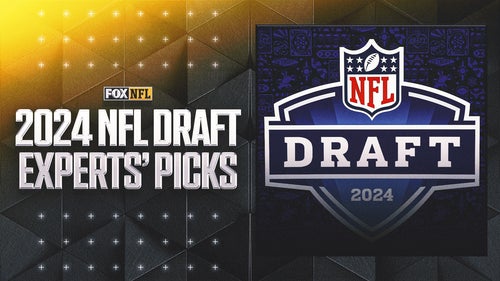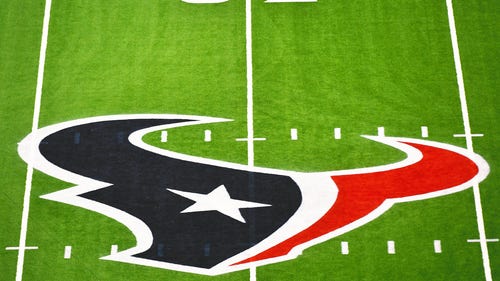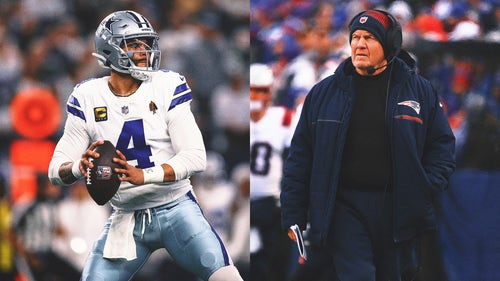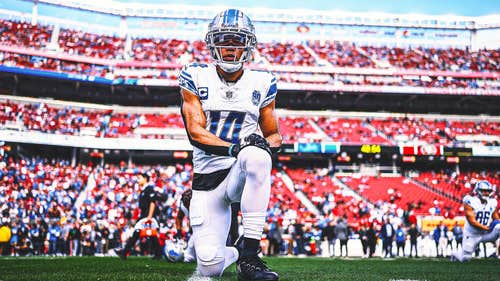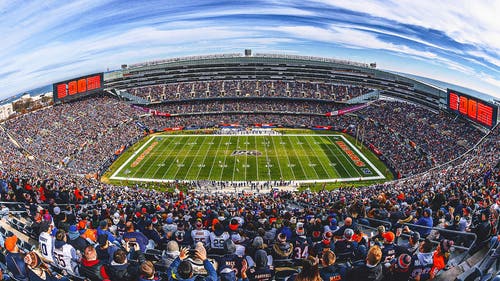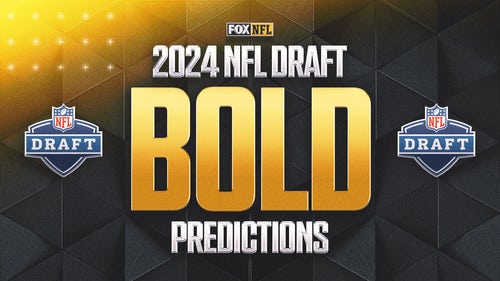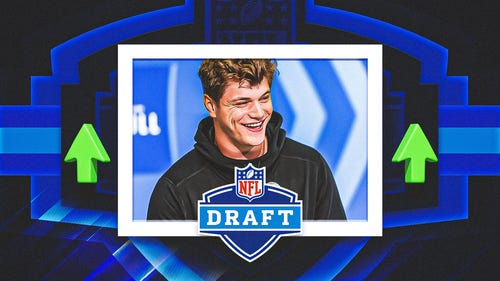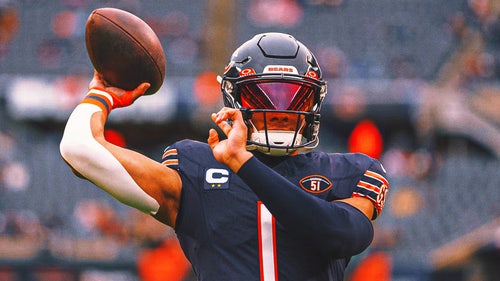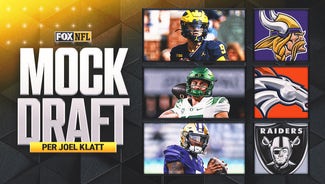
Players, too, must accept responsibility
Blame owners | Blame players
The biggest losers in any divorce are the children. When it comes to parents breaking up and Dad having to pack up his suitcase and temporarily move into a Jolly Roger Motel down the road, sons and daughters don’t really care about who’s right, who’s wrong or the impetus for all the yelling, screaming and posturing that has been disrupting the home for the past few months.
Kids just want Mom and Dad together at the dinner table at 6 o’clock.
With the decertification of the union Friday and a subsequent lockout by the owners, dinnertime has come and gone for fans of the NFL. As we look into a bottomless abyss of a life without football, it’s hard not to feel like the victimized children of some ugly divorce. While the NFLPA’s and the league’s spokespeople head to Twitter and their choice sources at various media outlets to let their respective voices be heard, the fans remain nonplussed and unspoken for.
They’re confused. They’re angry. They’re hungry.
And though I don’t think the fans particularly care to hear or see the finger-pointing from either end right now, I do think the players’ side needs to carry at least some of the burden of the blame for what has or hasn’t gotten done over the past few months.
The 18-game schedule is the most widely discussed item of dissension. It has been framed by the media as the act of ruthless owners trying to bleed players dry, shortening their careers and ultimately their lives.
However, the NFL and the owners aren’t pushing for an 18-game schedule because they want to harm the players or get “more” out of them for less money. Quite the contrary, actually. They’re pushing for an 18-game schedule because the current format of 16 regular-season and four preseason games is ridiculous. Talk to any season-ticket holder in August and the first thing they’ll tell you is how frustrating it is to be required to purchase tickets to two meaningless preseason home games at the same price as the regular-season ones as part of their season-ticket package.
Fans pay the same amount for a Week 17 playoff play-in game as they do to see third-string washouts and undrafted rookie free agents play some diluted version of the game in the preseason. In addition to the preseason tickets being the same cost as the regular-season ones, the refreshments, the parking and the souvenirs are, too. As commissioner Roger Goodell has indicated since the subject was first broached, the desire for an 18-game schedule comes as a response to the fans’ wishes.
And guess what? For as much as the players may be against having two games that matter instead of two that don’t, those two additional weeks of regular-season action will produce new income for both sides from sponsors, television networks, ticket sales and licensing. The added revenue is going not only to the owners, but to the players, too.
And that’s at the very core of what the owners want out of the new CBA.
More revenue — not only for themselves, the league and the 32 teams' employees, but for the players, too. Goodell has used the pie analogy throughout the past few months: The bigger the pie, the more there is for both sides to share. In addition to the 18-game schedule, there are other ways to increase revenue under a new CBA. Adding a second bye week, adding four more teams to the playoff field, and putting a new expansion team and state-of-the-art stadium in Los Angeles are just a few ideas to consider.
And by the way, the owners said they were willing to bend on that issue somewhat.
It's easy for the players to say, “Why fix what’s not broken?”
But there are cracks in the system. And despite the record TV numbers and the game’s international popularity, there are still improvements that must be made for the league and its owners to continue to deliver the high-quality product fans expect and deserve.
A new NFL stadium hasn’t been approved since 2005.
That’s not some coincidence.
The owners aren’t looking to fund and build any new ones (and pay the massive mortgages on them) until the players agree to share a bit more of the financial return. Fans don’t want to hear about the financial minutiae of this “billionaires vs. millionaires” war, but the way the owners and players split the annual gross revenue ($9.3 billion is the expected figure from the 2010 season) heavily favors the players.
The owners feel that they got burned with the 2006 CBA by not reading the fine print, and they want to ensure they learn from their mistakes. Though the owners have refused to open their books and it’s assumed that none of the 32 teams is actually in the red at the moment, it’s understood that under the current business model, they quickly would be headed down that path.
And as much as it pains me to say it, the owners have the right to object and, quite frankly, put an end to a situation they believe might lead them down a road to financial ruin. This may not be a popular sentiment, but it’s one that those on the ownership side of any labor dispute would express:
If the players don’t like the compromises the owners are asking them to make, they have every right to take the free college educations this game has earned them and find a job elsewhere in an entirely different line of work. No one is forcing them to play professional football.
There’s this ill-conceived notion that the players are the ones wholly responsible for the NFL being the most popular sport in the country. Sure, fans buy Tony Romo’s Cowboys jerseys, and Steelers fans love Troy Polamalu. But don’t the teams, owners and NFL shield have just as much to do with the game’s popularity as the players? Do Cowboys fans love Romo because he’s an affable fellow who can throw a football? Or do Cowboys fans love Romo because he plays for America’s Team? Is Polamalu a beloved (and hated) player because he’s Polamalu? Or does he draw the cheers of Steelers fans and the ire of the Baltimore Ravens faithful because he wears the black and gold?
I think a lot more NFL fans would tune in to a bunch of replacement players wearing NFL jerseys and playing in NFL stadiums than they would the NFL’s best players going at it in tank tops on a high school field.
Of course, both of those scenarios would be awful. My point, though, is that the players need the structure of the league, its teams and the NFL’s cache just as much as the league needs its players to score the touchdowns and make the tackles.
You can pin the blame on the owners if you’d like.
They're all big boys. They can take it. But they’ve got to protect their own financial interests, too.
It’s a two-way street.
Unfortunately, there are no cars on the road.
There's no dinner to be served.






































































































































